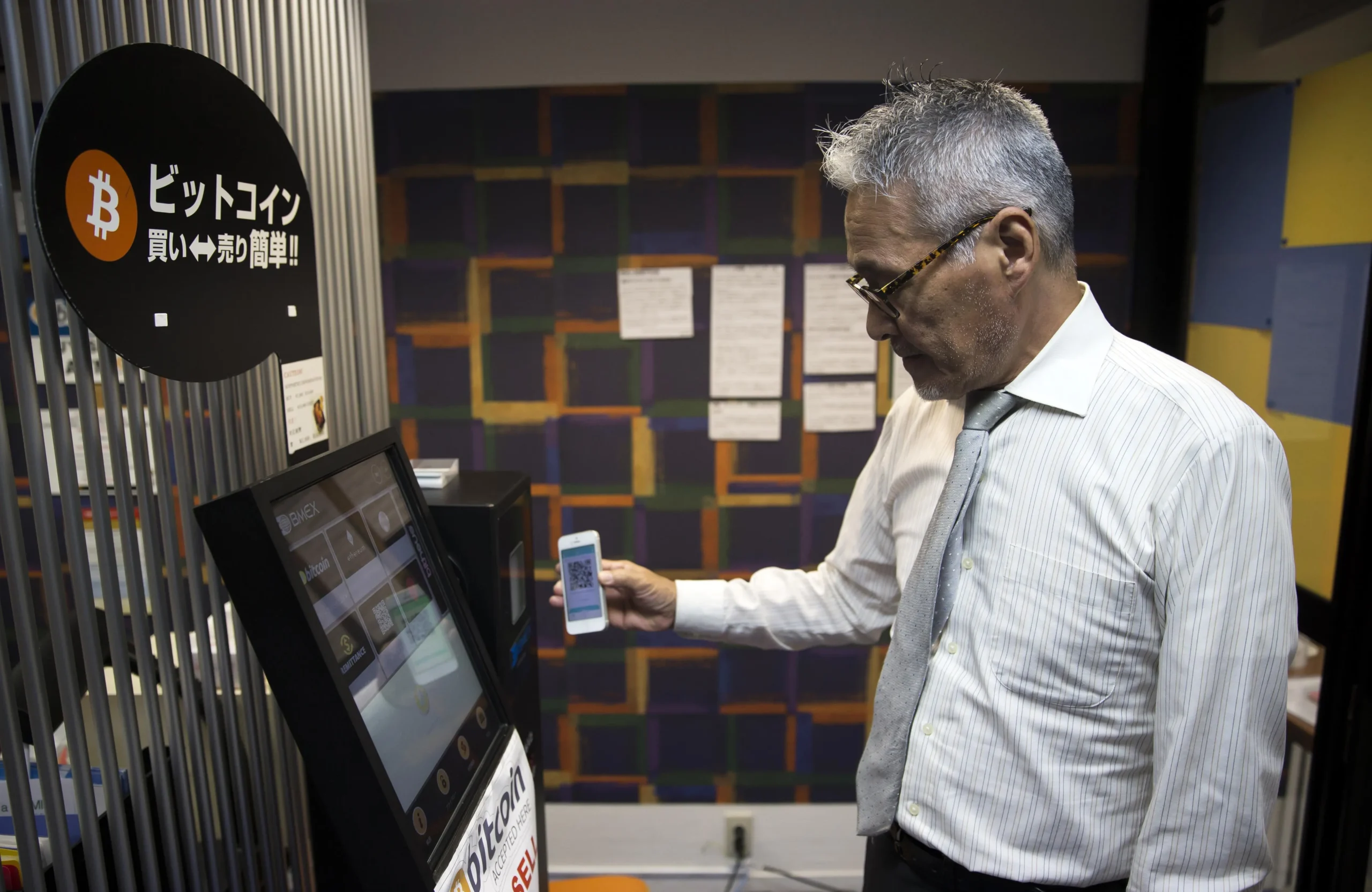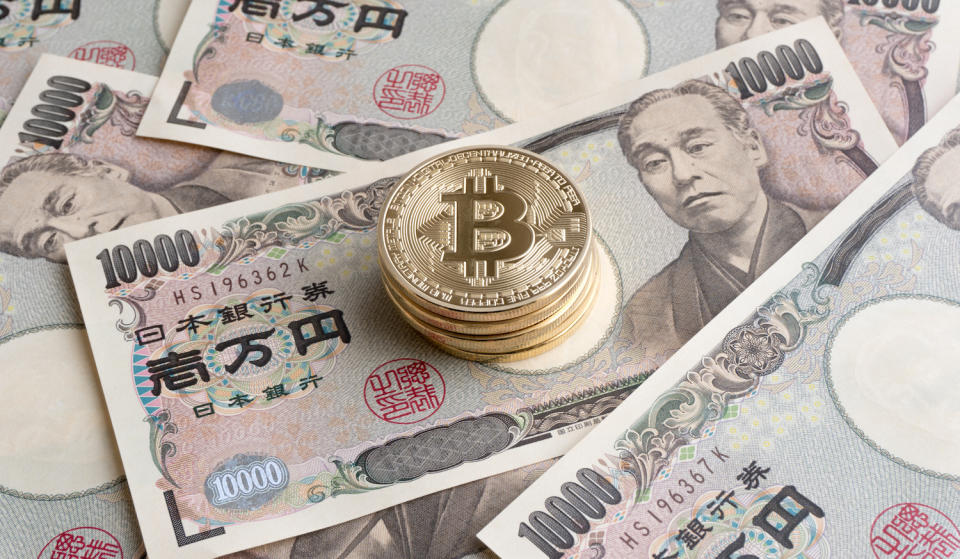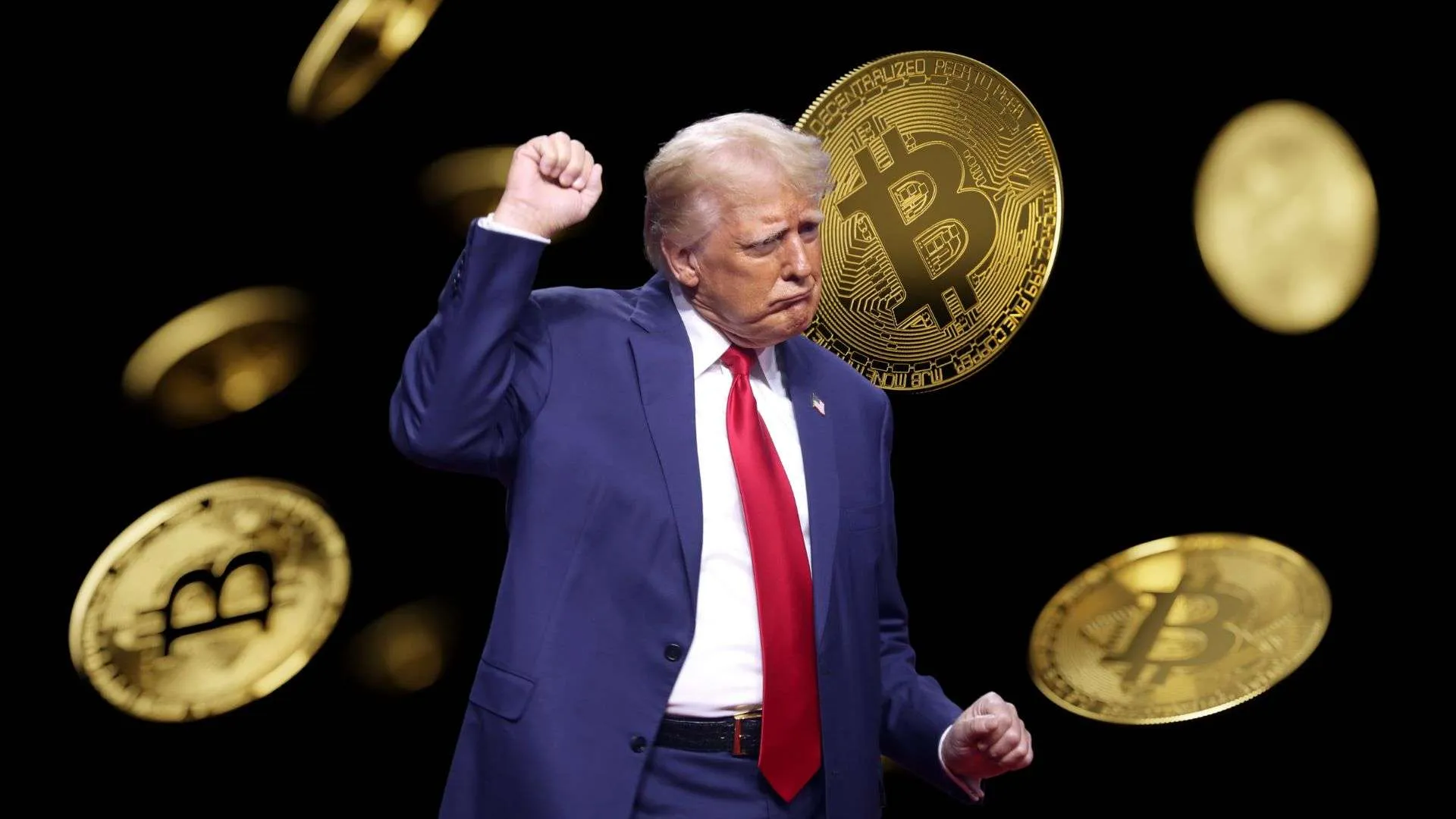Who is the Japanese lawmaker advocating for a National Bitcoin Reserve?

National Bitcoin Reserve: The global rise of cryptocurrencies has sparked intense debates and policy developments across nations. Among the voices championing the adoption of Bitcoin, one Japanese lawmaker has emerged as a prominent advocate for establishing a national Bitcoin reserve. What is Bitcoin Cash—How Does BCH Work? But who is this individual, and why are they pushing for such a groundbreaking initiative?
The Pro-Bitcoin Lawmaker: A Visionary in the Diet
The lawmaker leading the charge is Shun Otokita, a member of Japan. House of Councillors and a representative of the Nippon Ishin no Kai (Japan Innovation Party). Otokita has built a reputation as a forward-thinking politician who is deeply invested in leveraging technology to strengthen Japan’s economic standing. With a background in public administration and a keen interest in financial innovation. Otokita’s advocacy for Bitcoin reflects his broader vision for modernizing Japan’s financial and technological sectors.
The Proposal: A Bitcoin Reserve for National Stability
Otokita’s proposal revolves around the idea of creating a national. Bitcoin reserve, akin to traditional gold reserves held by central banks. The lawmaker argues that Bitcoin, as a decentralized and finite digital asset, could serve as a hedge against economic uncertainties and currency devaluation. By integrating Bitcoin into its financial strategy, Japan could strengthen its economic. Resilience and position itself as a global leader in the cryptocurrency space.
Why Bitcoin?
Otokita’s advocacy for Bitcoin stems from several key factors:
- Finite Supply: Unlike fiat currencies, Bitcoin’s supply is capped at 21 million coins, making it a deflationary asset that could appreciate over time.
- Decentralization: Bitcoin operates on a decentralized network, reducing the risk of government or institutional interference.
- Hedge Against Inflation: With global inflation rates on the rise, Bitcoin could act as a store of value, safeguarding national wealth.
- Technological Leadership: By adopting Bitcoin at a national level, Japan could solidify its reputation as a technological innovator and attract blockchain-related investments.
Challenges and Criticism
While Otokita’s proposal has garnered attention, it is not without its critics. Opponents argue that Bitcoin’s volatility makes it a risky asset for a national reserve. Additionally, the environmental impact of Bitcoin mining and the lack of global regulatory consensus pose significant hurdles to its widespread adoption.
Moreover, traditionalists within Japan’s financial and political circles remain skeptical of cryptocurrencies, favoring more conventional economic strategies. Balancing these opposing views will be crucial for Otokita as he pushes his agenda forward.
Japan’s History of Cryptocurrency
 Japan has long been at the forefront of cryptocurrency adoption. It was one of the first countries to officially recognize Bitcoin as legal tender in 2017. The country is home to some of the world’s largest cryptocurrency exchanges and has a robust regulatory framework for digital assets. Otokita’s proposal builds on this legacy, aiming to take Japan’s cryptocurrency engagement to the next level.
Japan has long been at the forefront of cryptocurrency adoption. It was one of the first countries to officially recognize Bitcoin as legal tender in 2017. The country is home to some of the world’s largest cryptocurrency exchanges and has a robust regulatory framework for digital assets. Otokita’s proposal builds on this legacy, aiming to take Japan’s cryptocurrency engagement to the next level.
Conclusion
For Otokita, advocating for a national Bitcoin reserve is not just about financial strategy. It is a bold statement about Japan’s future in the digital age. While the path to implementation is fraught with challenges. His initiative has ignited a critical conversation about the role of cryptocurrencies in national economies.
As the global financial landscape continues to evolve. Japan’s approach to Bitcoin could serve as a blueprint for other nations. Whether Otokita’s vision becomes a reality remains to be seen. But his efforts underscore the transformative potential of blockchain technology and digital assets.
[sp_easyaccordion id=”3676″]




